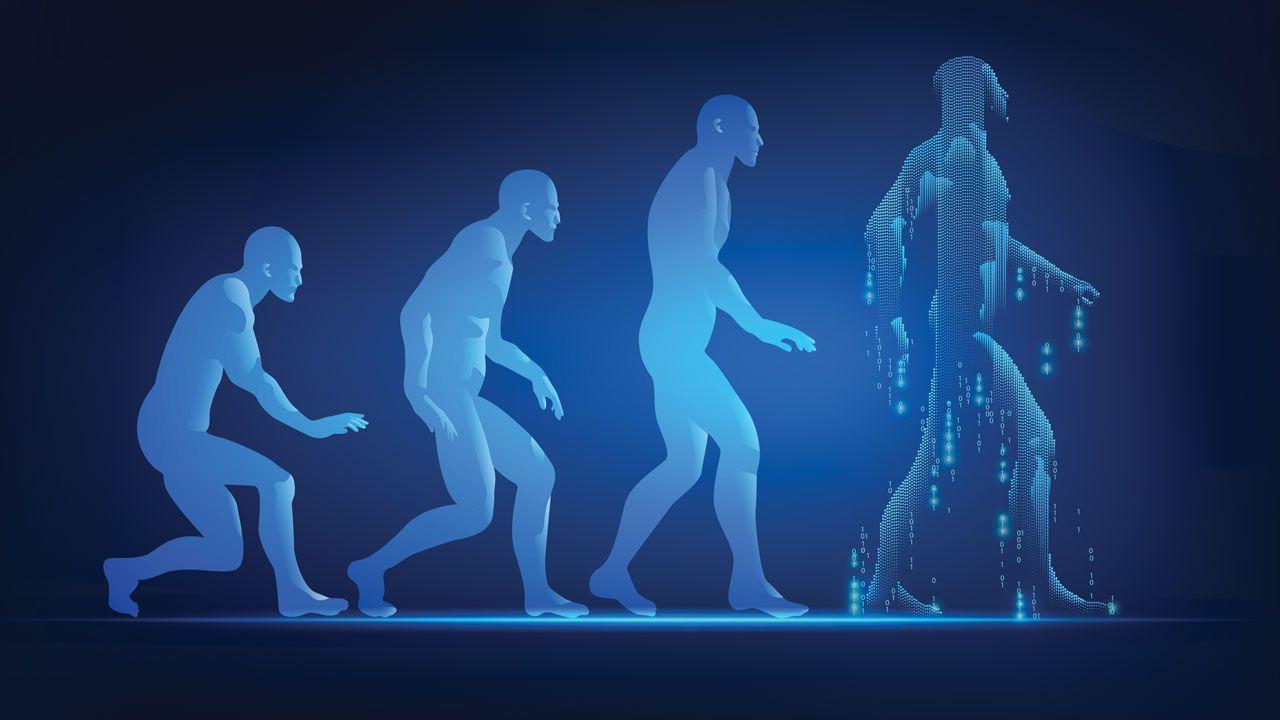AI's Rapid Evolution: Transforming Industries and the Workforce
The past two years have witnessed an extraordinary acceleration in artificial intelligence development, reshaping industries and redefining the nature of work. From advancements in generative models to their integration into everyday tools, AI's trajectory has been nothing short of transformative.
Unprecedented Growth and Capabilities
AI systems have achieved remarkable feats, surpassing human performance in areas like language and image recognition. According to Our World in Data, the computational power used to train AI models has increased exponentially, leading to more sophisticated and capable systems.
Notably, AI models have made significant strides in complex tasks. The Stanford 2025 AI Index Report highlights that performance on benchmarks like SWE-bench has improved by over 67 percentage points in just a year, indicating rapid advancements in AI's problem-solving abilities.
Industry Integration and Economic Impact
Businesses across sectors are rapidly adopting AI to enhance efficiency and reduce costs. A McKinsey survey found that 78% of organizations reported using AI in 2024, up from 55% the previous year. This surge is driven by AI's ability to automate tasks, generate content, and provide insights, leading to increased revenue and cost savings.
However, this rapid integration also brings challenges. Companies like IBM have replaced hundreds of HR roles with AI tools, cutting HR budgets by 40%. Dario Amodei, CEO of Anthropic, warns that AI could eliminate up to 50% of entry-level white-collar jobs within five years, potentially raising U.S. unemployment to 20% by 2030.
Societal and Ethical Considerations
The swift advancement of AI raises important questions about its societal impact. Concerns about job displacement, data privacy, and the ethical use of AI are at the forefront of public discourse. As AI systems become more autonomous, ensuring they align with human values and ethics becomes increasingly critical.
Moreover, the environmental impact of AI cannot be overlooked. The Guardian reports that a proposed AI data center in the UK could emit five times more CO2 than Birmingham Airport, highlighting the need for sustainable AI development practices.
Navigating the AI-Driven Future
As AI continues to evolve, it's imperative for businesses and policymakers to proactively address its implications. Investing in workforce reskilling, establishing ethical guidelines, and promoting sustainable practices are essential steps in harnessing AI's potential while mitigating its risks.
At Daduh AI, we specialize in helping organizations navigate the complexities of AI integration. Our expertise ensures that businesses not only adopt cutting-edge AI solutions but also do so responsibly and ethically.
If you're looking to explore how AI can transform your operations while aligning with your values and goals, reach out to us. Together, we can shape a future where technology serves humanity's best interests.
Ready to Build Your MVP?
Start your journey with a free consultation to map out your MVP roadmap and technical strategy.

